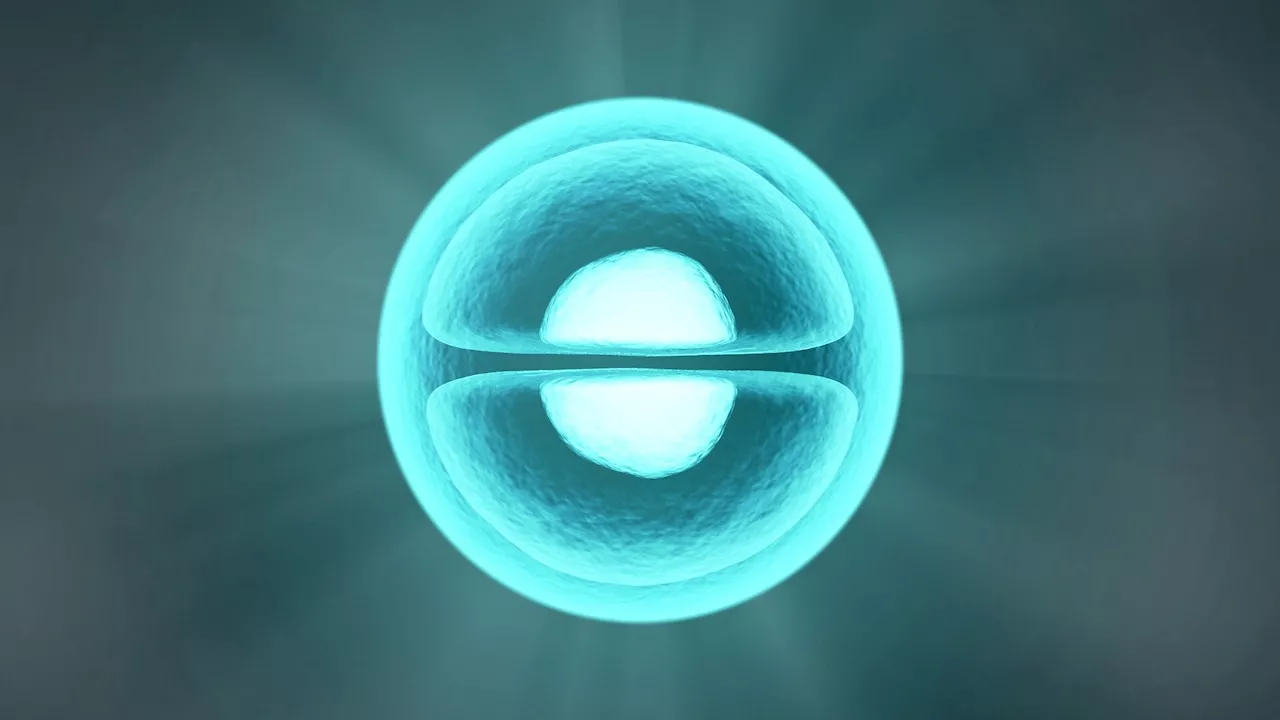Researchers have developed an in vitro cancer model to investigate why breast cancer spreads to bone. Their findings hold promise for advancing the development of preclinical tools to predict breast cancer bone metastasis.
Researchers from Tampere University, Finland, and Izmir Institute of Technology, Turkey, have developed an in vitro cancer model to investigate why breast cancer spreads to bone. Their findings hold promise for advancing the development of preclinical tools to predict breast cancer bone metastasis.
Metastatic cancer is incurable and accounts for more than 90% of cancer-related deaths. Currently, there are no reliable in vitro models to study how breast cancer spreads to secondary organs such as bone, lung, liver or brain.
According to Nonappa, Associate Professor and leader of the Precision Nanomaterials Group at Tampere University, developing sustainable in vitro models that mimic the complexity of the native breast and bone microenvironment is a multidisciplinary challenge. A new study found that Manuka honey could potentially be an alternative, natural option for breast cancer prevention and treatment -- particularly for estrogen receptor -positive breast cancer, ...
Leukemia Osteoporosis Women's Health Pancreatic Cancer Cancer Bone And Spine Diseases And Conditions
United States Latest News, United States Headlines
Similar News:You can also read news stories similar to this one that we have collected from other news sources.
 Laughter and Humor 101Why we laugh, why we don’t, and why it matters
Laughter and Humor 101Why we laugh, why we don’t, and why it matters
Read more »
 Researchers uncover why cells struggle to fully change identity in reprogramming effortsA new study has shed light on the challenges of converting one type of specialized cell into another, a process critical for advances in regenerative medicine.
Researchers uncover why cells struggle to fully change identity in reprogramming effortsA new study has shed light on the challenges of converting one type of specialized cell into another, a process critical for advances in regenerative medicine.
Read more »
 Walking in lockstep | ScienceDailyResearchers studied the neurological control applied to human walking that maintains the correct relationship between the leg positions. They found that the rhythm of each leg continues independently unless they become too far out of phase. This work can lead to better care for people who have difficulty walking due to age or neurological issues.
Walking in lockstep | ScienceDailyResearchers studied the neurological control applied to human walking that maintains the correct relationship between the leg positions. They found that the rhythm of each leg continues independently unless they become too far out of phase. This work can lead to better care for people who have difficulty walking due to age or neurological issues.
Read more »
 A viral close-up of HTLV-1 | ScienceDailyAlmost everyone knows about HIV. Fewer people know about its relative, HTLV-1. However, HTLV-1 can cause serious illnesses, including cancer. To develop ways to combat this virus, understanding its structure is essential.
A viral close-up of HTLV-1 | ScienceDailyAlmost everyone knows about HIV. Fewer people know about its relative, HTLV-1. However, HTLV-1 can cause serious illnesses, including cancer. To develop ways to combat this virus, understanding its structure is essential.
Read more »
 Genetic rescue for rare red foxes? | ScienceDailyA study shows inbreeding is affecting a small, isolated red fox population in the Lassen Peak region of California. Genetic rescue could be a viable option for the recovery of montane red foxes.
Genetic rescue for rare red foxes? | ScienceDailyA study shows inbreeding is affecting a small, isolated red fox population in the Lassen Peak region of California. Genetic rescue could be a viable option for the recovery of montane red foxes.
Read more »
 Recording the cats in the hats | ScienceDailyResearchers have found a way to scan the brains of cats while they're awake, using electrodes concealed under specially knitted wool caps.
Recording the cats in the hats | ScienceDailyResearchers have found a way to scan the brains of cats while they're awake, using electrodes concealed under specially knitted wool caps.
Read more »
